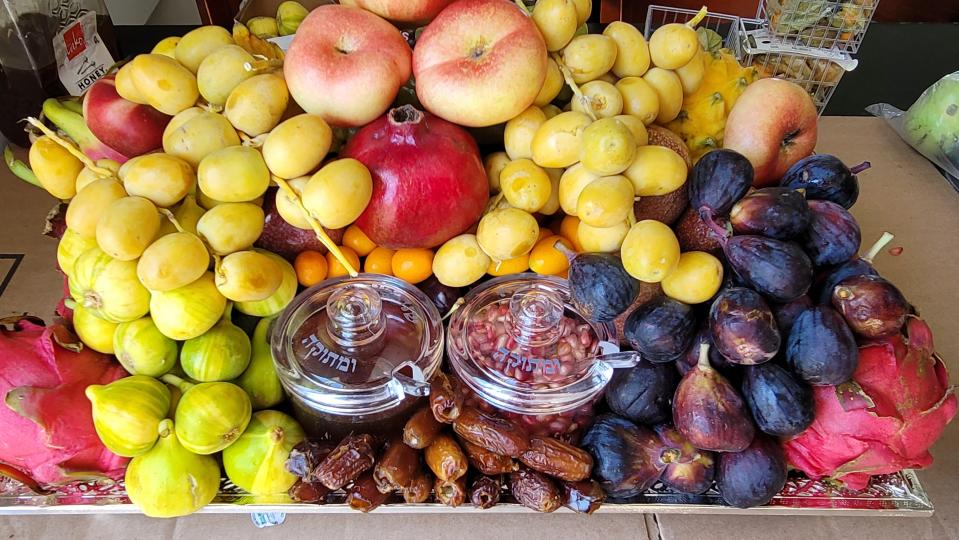Here's how NJ Jewish community celebrates Rosh Hashanah
Jewish communities across New Jersey are ready to celebrate Rosh Hashanah, the welcoming of the new year.
Rosh Hashanah — Hebrew for head of the year — is a two-day holiday that begins this year at sunset on Friday, Sept. 15, and continues through sundown on Sunday, Sept. 17.
“According to the Jewish faith, it is this time of the year that nowadays usually ends up being in September that God created the world,” said Rabbi Moshe Gourarie from Chabad Toms River.
The holiday is celebrated for two consecutive days because 2,000 to 3,000 years ago the Jewish calendar, which relies on the moon, wasn’t structured. Back then, the Jewish court in Jerusalem would make the determination of when each month would start.
“Since there was no email, no telephone, or anything like that, people living far away (from Jerusalem) wouldn’t find out right away,” said Gourarie.
In order to give people time to find out when the new month or the new year would start, it became a tradition to celebrate Rosh Hashanah for two days.
More than a meal: At Rosh Hashanah, food and memories feed a new year

How is Rosh Hashanah celebrated?
The celebration is considered one of the holiest days of the Jewish faith, and Shabbat rules are observed, meaning that many Jewish people won’t cook, use their cars or telephones.
“In Rosh Hashanah, there’s a certain stance of seriousness coupled with a sense of celebration,” Gourarie said.
While it does celebrate a new year and the creation of the world, “it certainly has a sense of seriousness to it because we see it as a day of accounting, as day of trying to improve our ways,” Gourarie added.
The holiday is typically celebrated by attending a local synagogue and spending time with family while enjoying nice meals with honey and exotic fruits.
During the synagogue service, and also at Jewish families homes, it is a tradition to sound the shofar, an ancient musical horn. The sounding of the shofar is done to “herald the new year,” according to Gourarie.
What people are serving: The 'new fruit' tradition for Rosh Hashana gets an update

The sweetness of honey is symbolic for a sweeter, nicer year to come. While the exotic fruits represent the idea of trying something new, of experiencing a new year, Gourarie said.
Starfruit, lychee, fig and prickly pear are some of the fruits commonly used in Rosh Hashanah’s meals. But there are families and grocery stores that go the extra mile to provide even more rare fruits, so that people can really try something new at the start of the new year.
“When we eat the new fruit, we make a blessing that thanks God for bringing us, for giving us life. Not only are we looking forward to the new year and hoping that it brings new blessing, we are also thanking God for bringing us to this point,” Gourarie said.
Age-old tradition: How baking challah in Marlboro keeps Judaism alive for generations
This article originally appeared on Asbury Park Press: Rosh Hashanah 2023: Celebrating the Jewish new year in NJ

